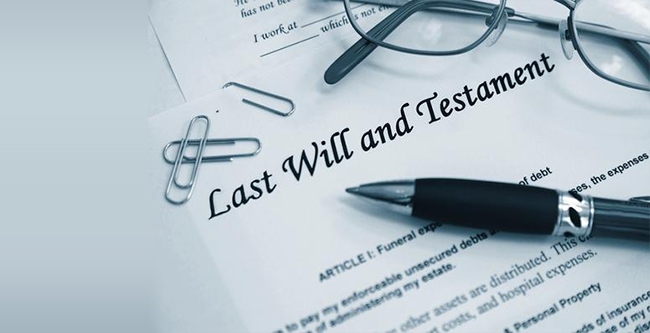Many UK expats living in Dubai and the wider UAE are unaware that a last will and testament prepared back home may not apply to their assets if they die in the UAE.
In addition, if there is no will in place, the estate will be handled according to Sharia Law – which often follows a very different process and distribution of wealth then the surviving spouse expects.
This includes the fact that:
- Sharia Law follows a particular system for distributing wealth upon death based on a fixed share allocation system to family members.
- Typically, a surviving wife only receives one eighth of the husband’s assets.
- Depending on the family situation, this may be reduced to no assets.
- Real estate can be bequeathed to the nearest male relative – often bypassing a wife or any children.
- Children to not automatically remain in the care of the wife upon the death of a husband.
- If both mother and father pass away, children will most likely be placed into care until a guardian is found.
The surviving family’s problems can be made even more complex if assets are owned in over one country – such as houses in both the UK and the UAE.
Lastly, you should be aware that whilst assets may be frozen upon death, bills debts and mortgages are not, meaning your family could face mounting debts. In addition this could mean your immediate family may face problems during a time they are in great need of money – to either continue to live in the UAE or return home.
However, as the Government of Dubai website states, because of the Personal Affairs Law, “a non-Muslim expatriate who is resident in the UAE can opt for the law of their Domicile Home Country to be applied to the distribution of their UAE assets, provided they have a legally recognised will.”
Legally recognised
Legally recognised in the context of a UAE-recognised will is an up to date record of your estate planning wishes that is recognised by the UAE authorites.
For example, a pre-existing UK will may not apply in the UAE if there has been a change to your personal circumstances (i.e. if you marry or divorce, birth or adopt children, or if there is a significant change to your financial standing or assets).
Not only will making a UAE-reconigsed will ensure your assets are distributed according to your wishes and the law of your domicile home country, and that your family remains protected – it also has the knock-on benefit of mitigating future arguments and disputes on the distribution of your wealth and assets.
IHT for a British domicile
If you’re a UK or British citizen domiciled in the UK – the case for most British/UK Expats living in the UAE – the Inland Revenue takes your global wealth and assets into account to calculate your Inheritance Tax (IHT) obligation when you die.
As such, British expats in the UAE must have a clear understanding of their status as a domicile – and should prepare a will that is both tax efficient and that complies with the UK’s latest inheritance laws.
What next
In order to fully protect your assets and wishes in the UK, the UAE, and indeed the rest of the world, you need to consult with a solicitor who can write your will according to both the law of the UAE and your home country.
A considered will prepared by an expert will ensure your estate is handled how you want it to be, and not by the stipulations of Sharia Law.
An independent financial adviser with international experience will be able to discuss the requirements for a will before it is written. By choosing an IFA with experience in the legal counsel of the UAE, you can ensure your will is written in compliance with local Emirati laws, and thus protect your family in case the worst should happen.
